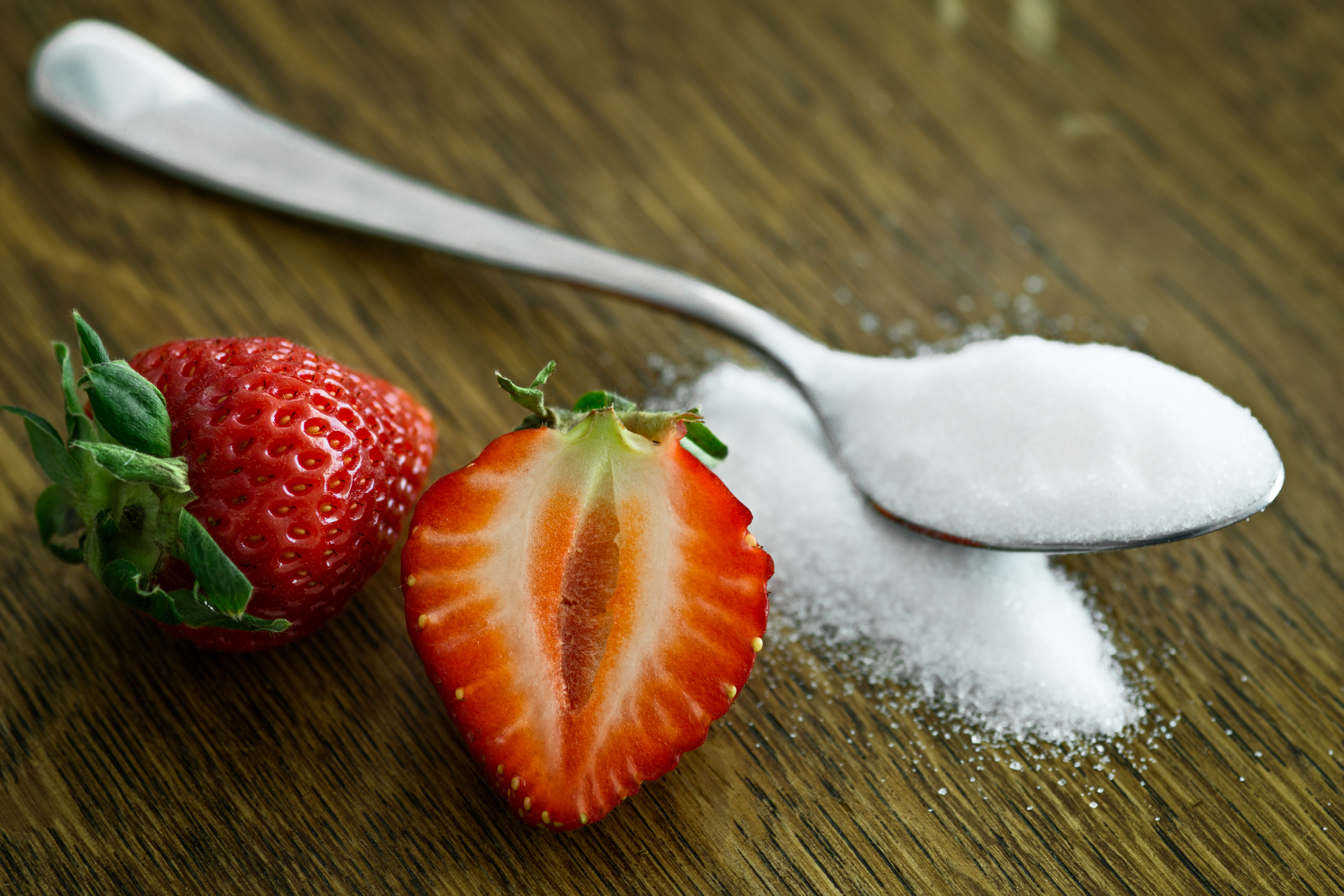


Jennifer’s research topic for the BD3-REAP program involves the investigation of the mean differences in the percentage of added sugar intake among different types of carbonated beverage drinkers by weight categories. Added sugars mean more calories without more nutrients. Added sugars can lead to higher levels of fats in the blood, raising their risk of heart disease. The carbonated beverage drinkers are categorized into three groups: 1) regular carbonated drinkers, 2) diet carbonated drinkers and 3) non-carbonated drinkers. I hypothesized that individuals who did not consume any carbonated beverages had lower percentage of added sugar intakes compared to those who consumed carbonated beverages. We utilized data from the “What We Eat in America (WWEIA)” of the National Health and Nutrition Survey Examination Survey (NHANES) between 2005 and 2012, which included 36,877 subjects and their records of two non-consecutive days of their 24-hour dietary intake recalls. For data analysis, the IBM SPSS Version 24 was used to obtain descriptive statistics and to conduct two-population t-tests (using independent samples).
The results demonstrated that the mean differences in the percentage of added sugar intake between non-carbonated drinkers and regular carbonated drinkers are negative and statistically significant across all weight categories. The mean differences get bigger in higher weight categories. Among carbonated drinkers, regular carbonated drinkers have higher average percentage of added sugar intake than diet carbonated drinkers. The results are statistically significant across all weight categories. In addition, comparing non-carbonated drinkers with diet-carbonated drinkers, the mean differences in the percentage of added sugar intake are positive and statistically significant in normal weight categories or above. On average, the non-carbonated drinkers have higher average percentage of added sugar intake than diet-carbonated drinkers. However, due to the large sample sizes in our dataset, the effect sizes were calculated to check for the validity of the significant results from each of the t-tests. Interestingly, the results showed the small or no effect of mean differences in the percentage of added sugar intakes between non-carbonated drinker and diet-carbonated drinker across all weight categories but the other differences were moderately or strongly significant. Continuing efforts will explore the alternative sweetened soft drinks chosen among non-carbonated drinkers, which might adversely affect their percentage of added sugar intake.